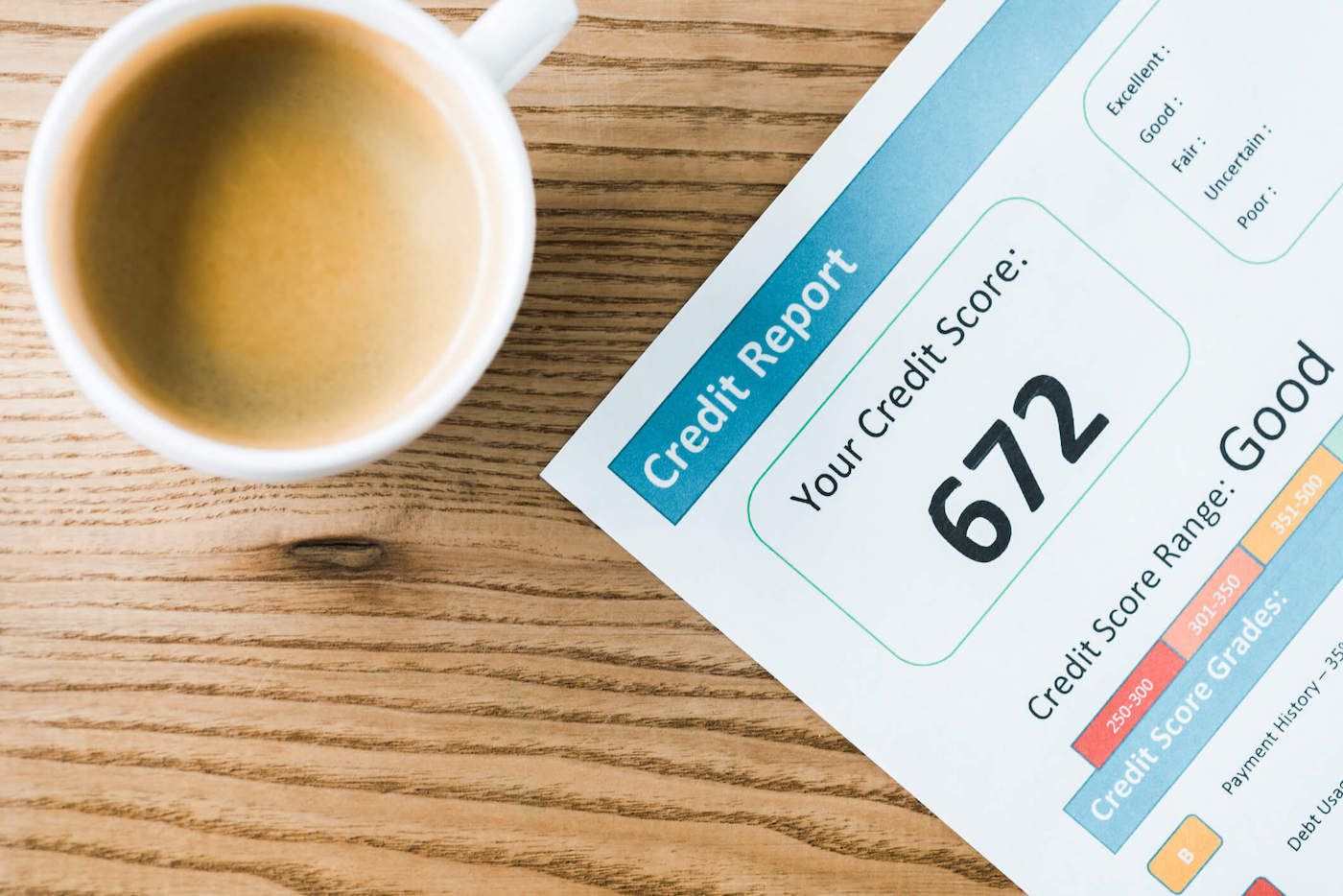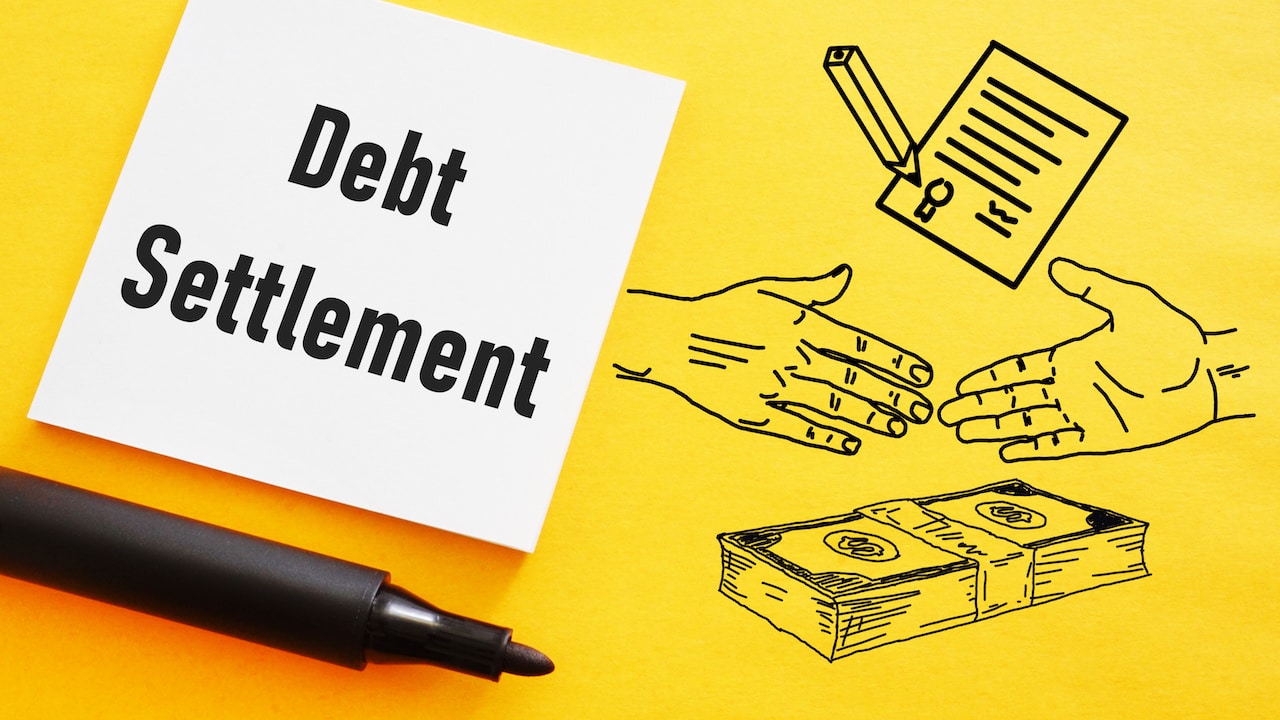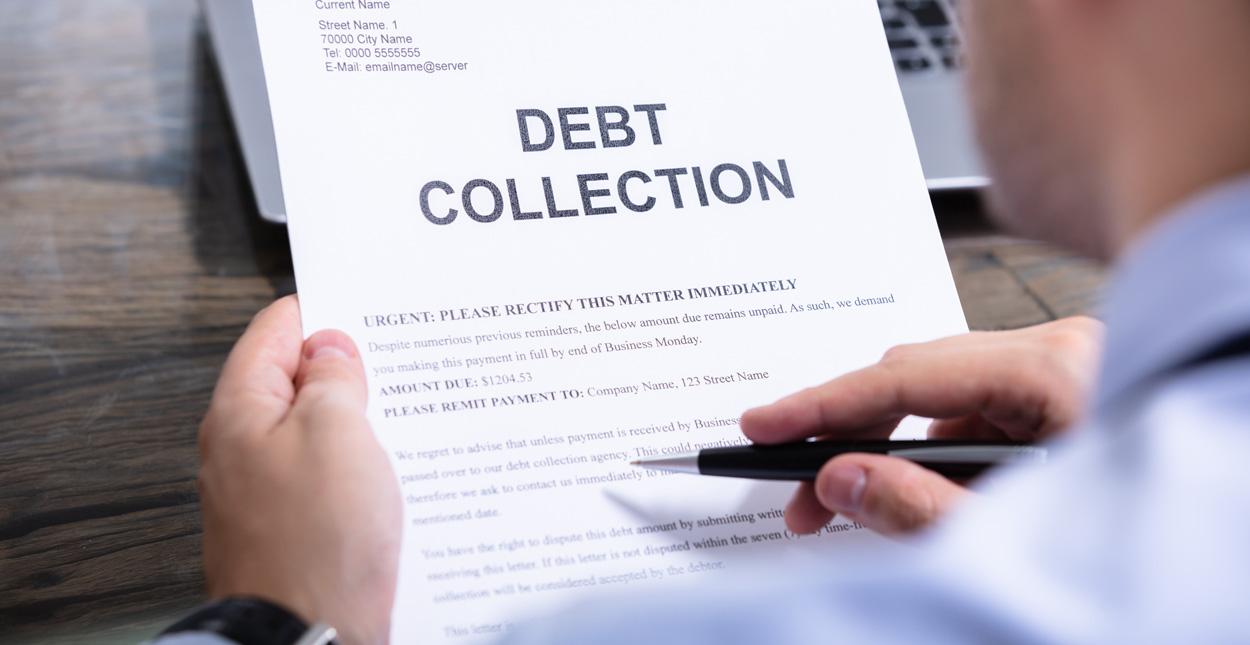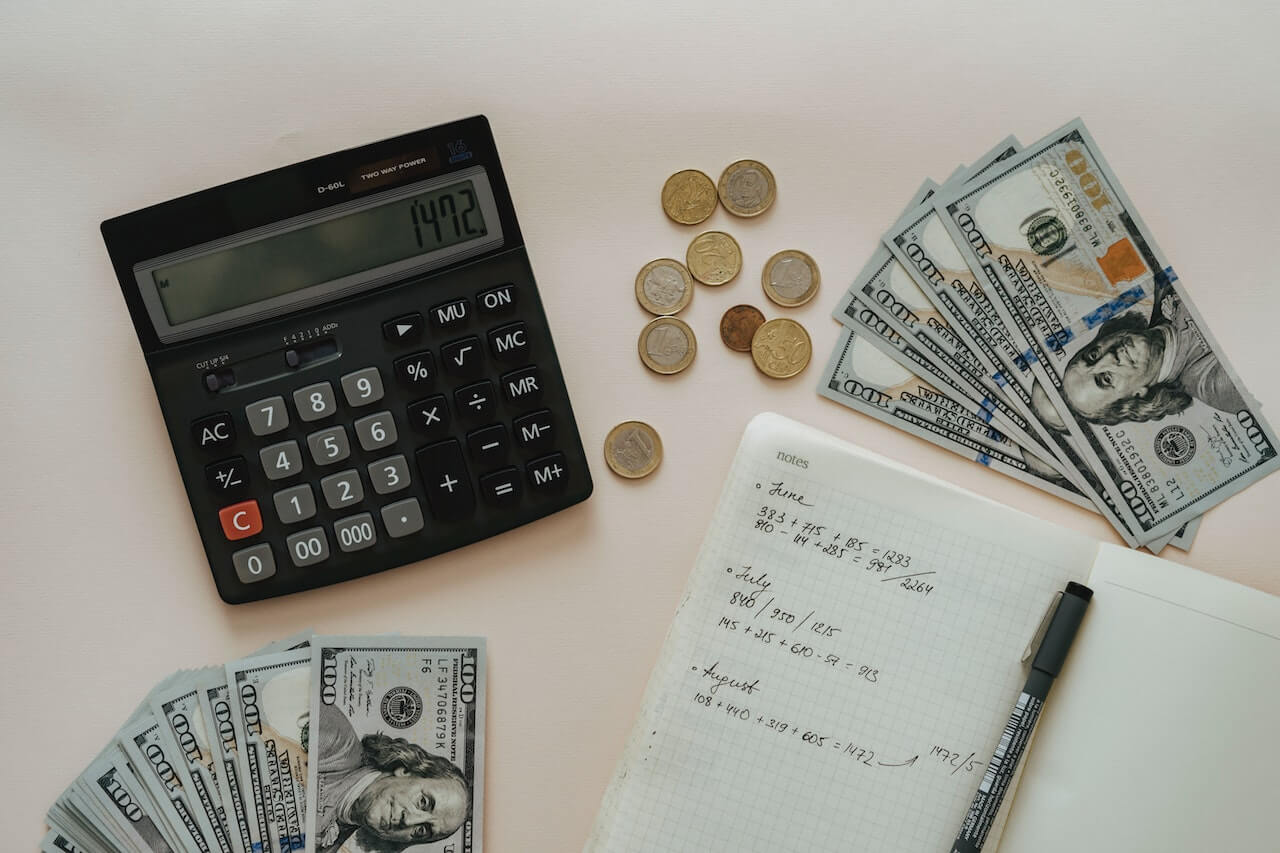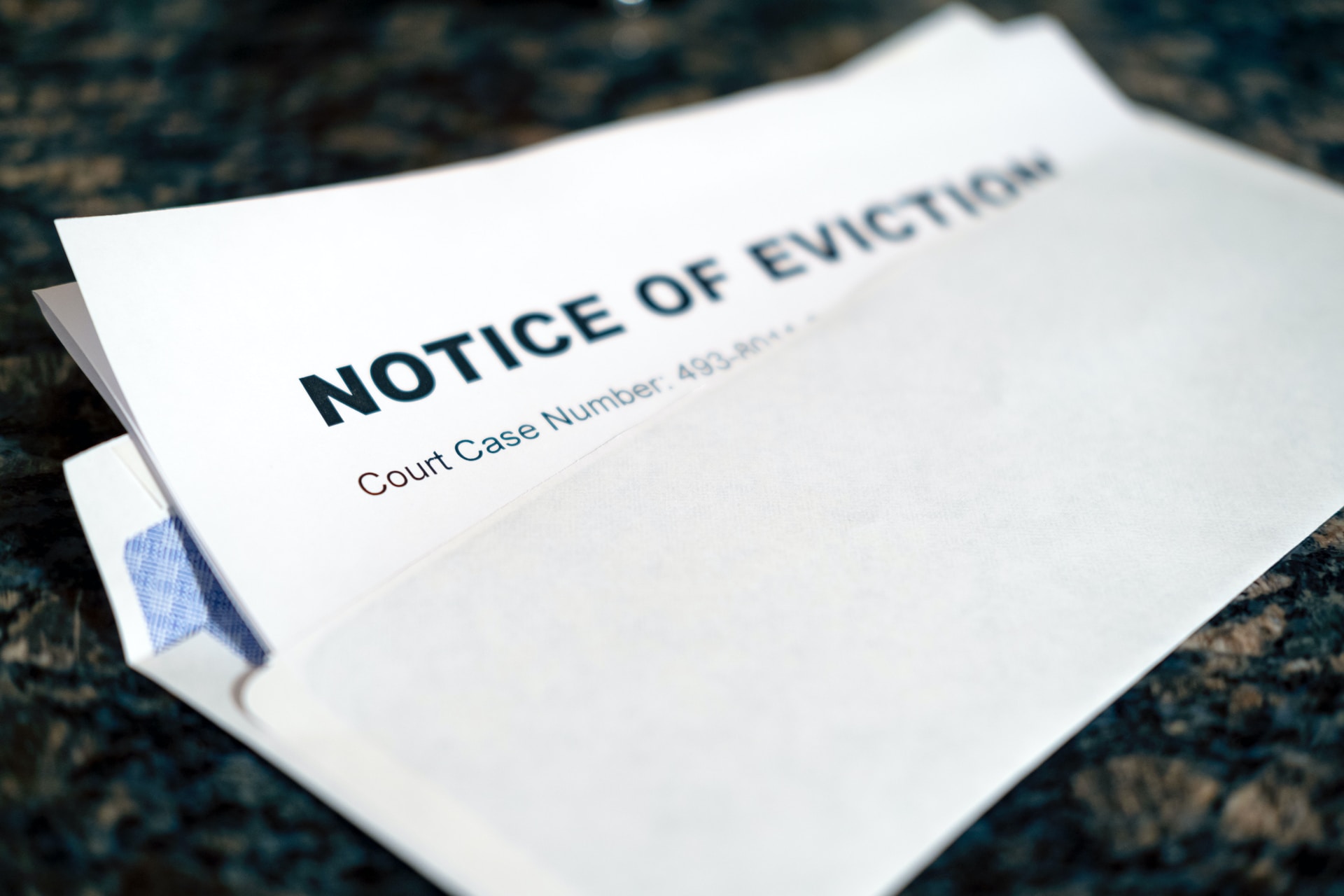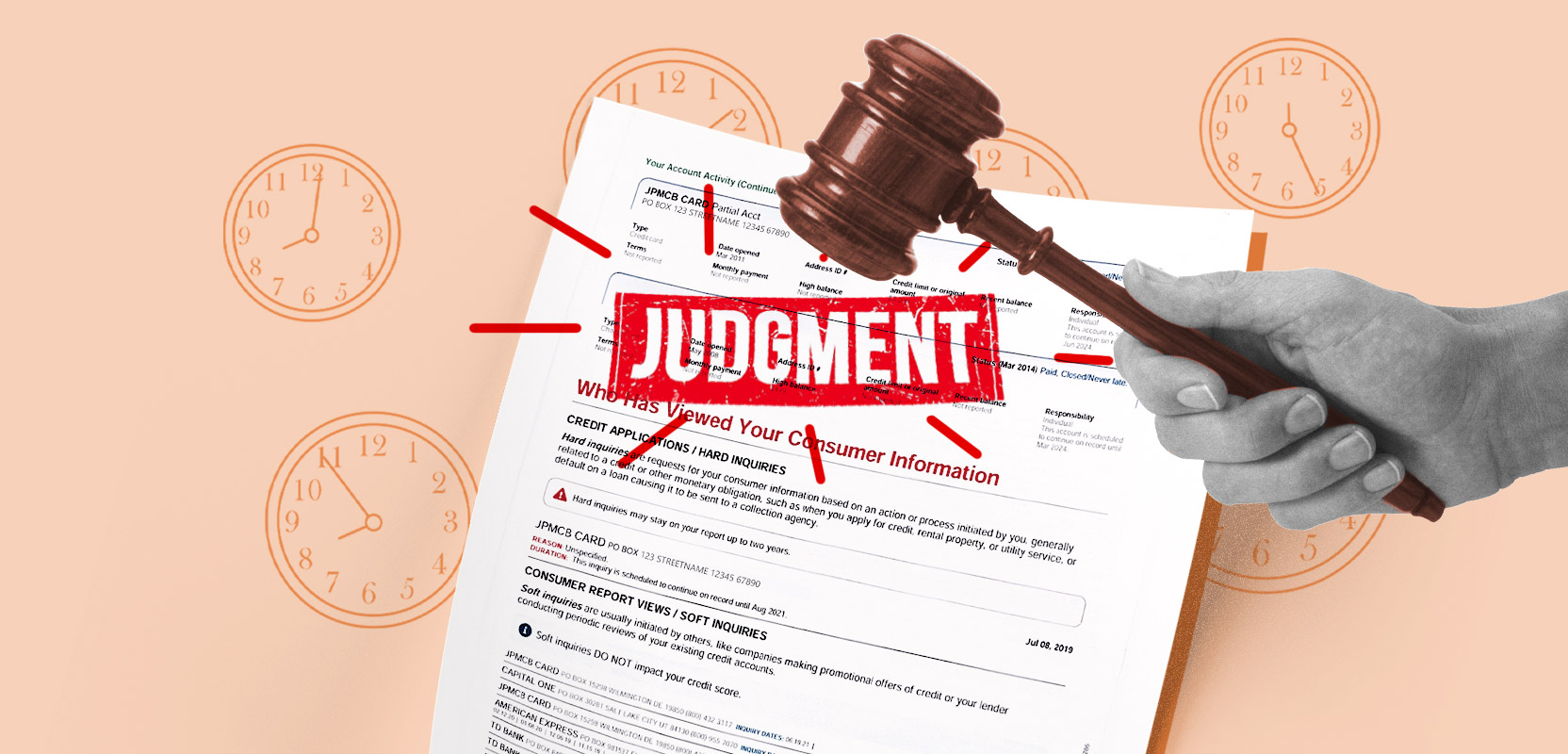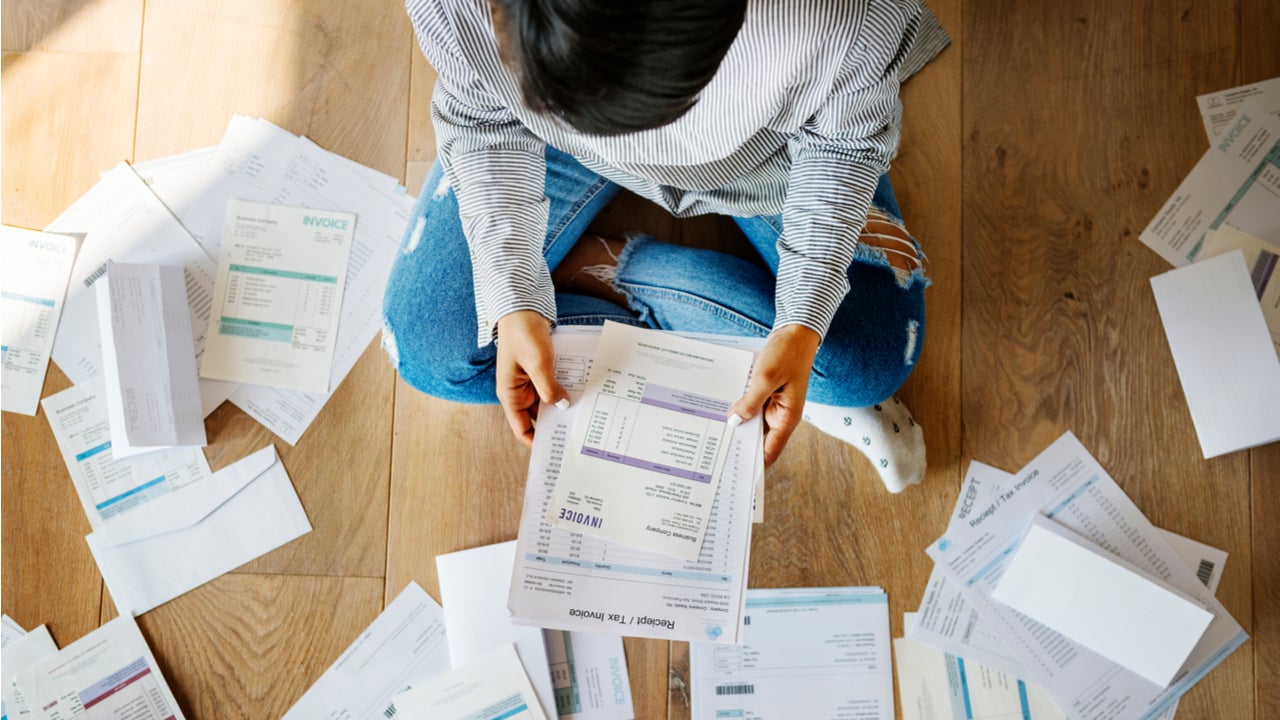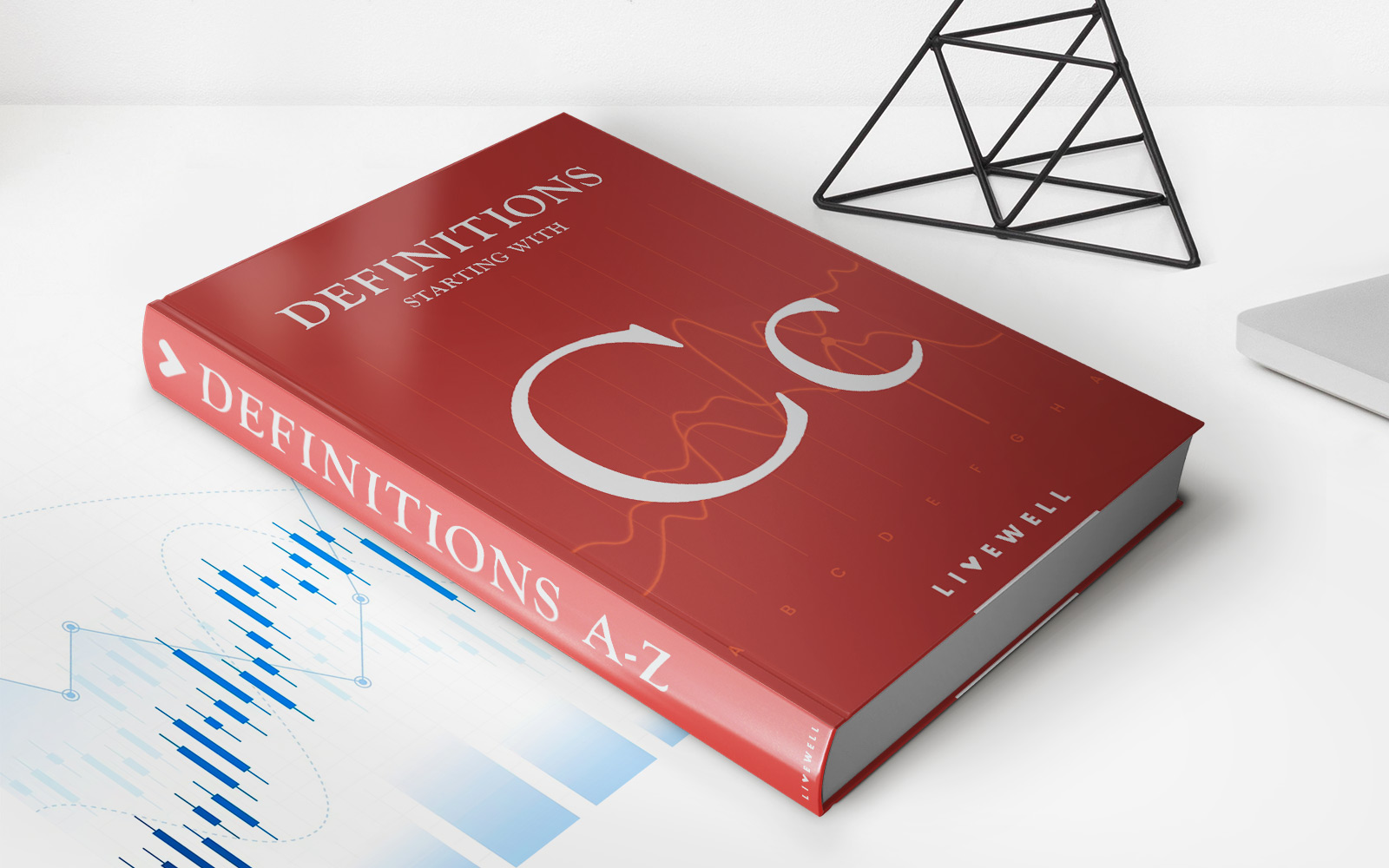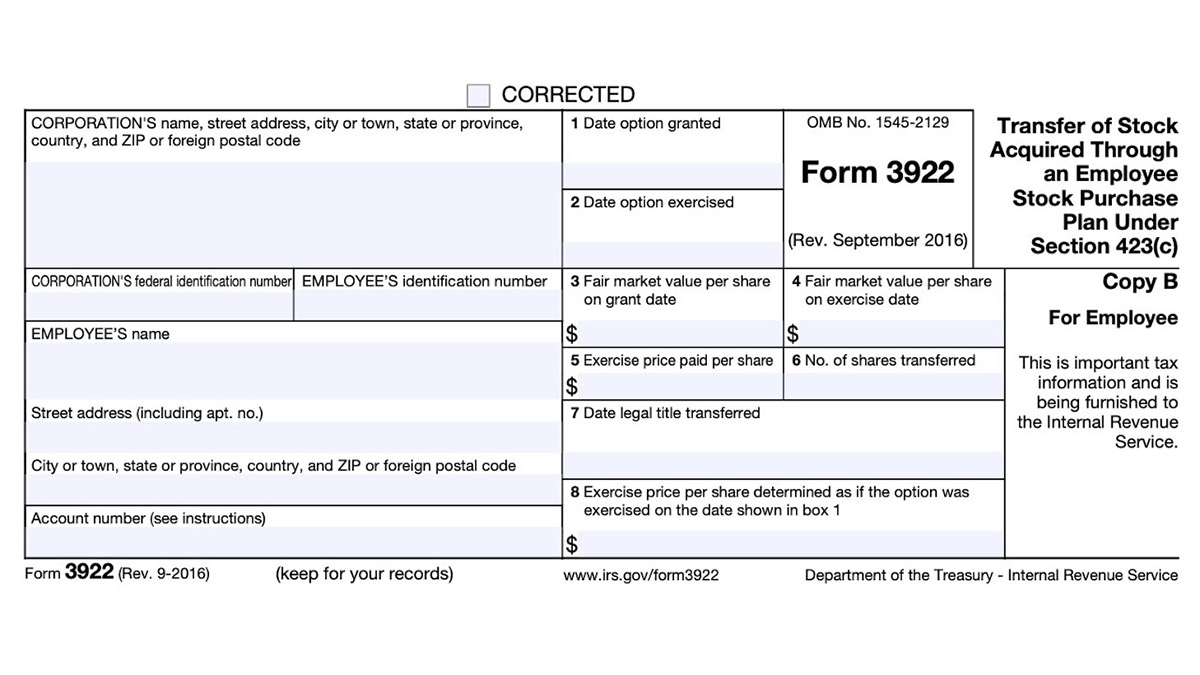Home>Finance>How Long Does Collections Stay On Credit Report After Paid
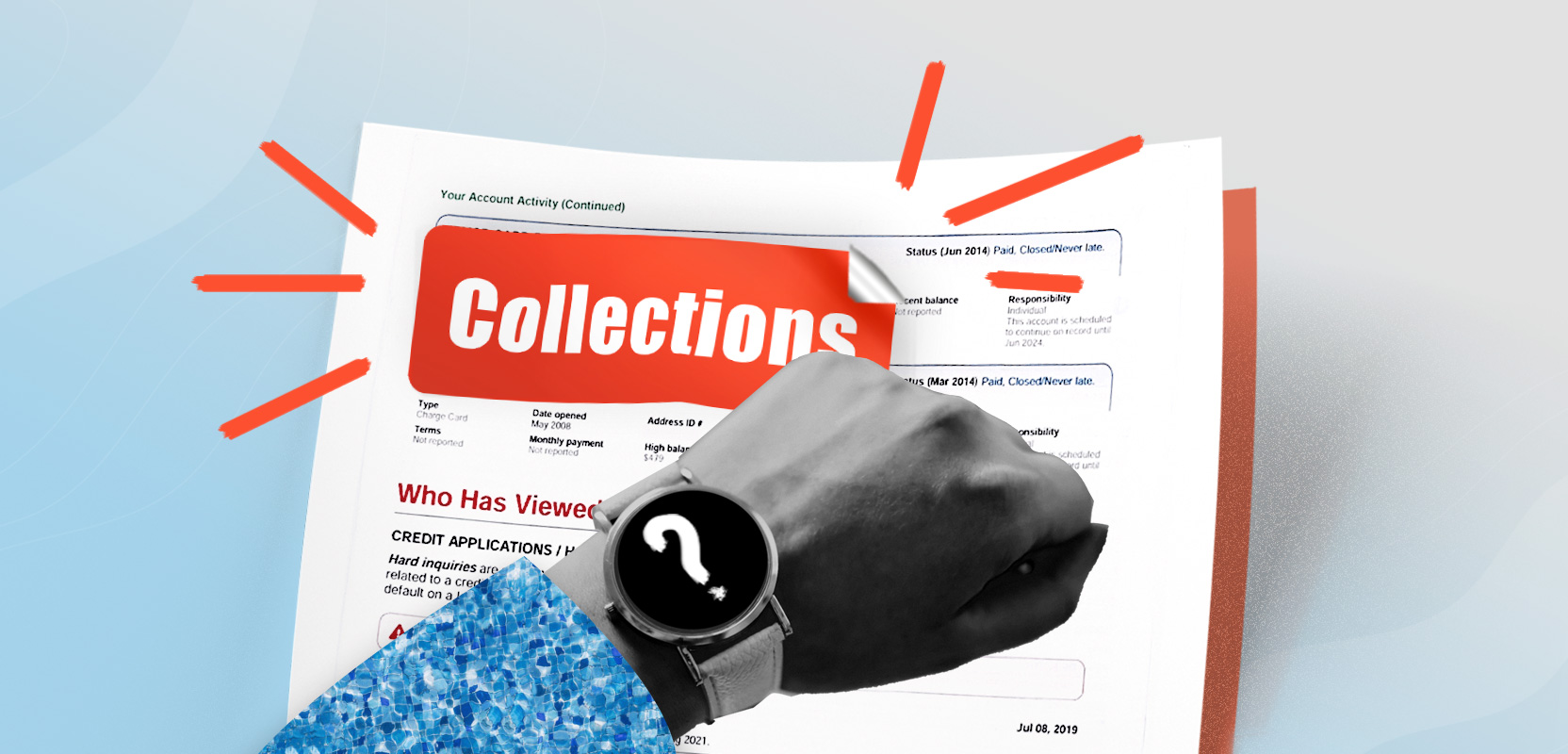

Finance
How Long Does Collections Stay On Credit Report After Paid
Modified: March 6, 2024
Learn how long collections stay on your credit report after being paid and how it impacts your finances. Discover key insights about managing and repairing your credit.
(Many of the links in this article redirect to a specific reviewed product. Your purchase of these products through affiliate links helps to generate commission for LiveWell, at no extra cost. Learn more)
Table of Contents
- Introduction
- Understanding Collections on Credit Reports
- The Impact of Collections on Credit Scores
- How Long Do Collections Stay on Credit Reports?
- The Difference Between Paid and Unpaid Collections
- How Long Does a Paid Collection Stay on a Credit Report?
- Factors that Influence the Duration of Paid Collections on Credit Reports
- How Paid Collections Affect Credit Scores
- Tips for Dealing with Collections on Credit Reports
- Conclusion
Introduction
When it comes to managing your finances, one crucial aspect that can significantly impact your creditworthiness is your credit report. A credit report is a detailed record of your credit history, including information about your loans, credit cards, and any past due accounts.
Unfortunately, sometimes life throws unexpected financial challenges our way, resulting in unpaid debts and collections. Collections are accounts that have been sent to a collection agency or sold to a third party due to non-payment. These collections can have a lasting impact on your credit report and, in turn, your credit score.
In this article, we will delve into the world of collections on credit reports, understanding how they can affect your credit score, and answering the crucial question: how long do collections stay on credit reports after they are paid?
By understanding the fundamentals of collections and their repercussions, you will be better equipped to navigate the labyrinth of credit reports and take steps towards improving your financial standing.
Understanding Collections on Credit Reports
Collections on credit reports are accounts that have been delinquent for an extended period and are now being pursued by a collection agency or a debt buyer. When a debt is sent to collections, it indicates that the original creditor has been unsuccessful in collecting the payment.
Once an account is sent to collections, the collection agency will attempt to collect the debt from you. They may contact you through phone calls, letters, or even resort to legal action, depending on the amount owed and the policies of the agency.
From a credit reporting standpoint, collections are deemed negative information and can have a detrimental impact on your credit score. These records can stay on your credit report for several years, even after you have paid off the debt or settled it with the collection agency.
It’s important to note that collections can appear on your credit report for various types of debt, including credit card bills, medical bills, private student loans, and more. Regardless of the type of debt, collections should be taken seriously, as they can significantly influence your creditworthiness and your ability to secure favorable loan terms in the future.
Now that we’ve established what collections are and their potential consequences, let’s explore how they can affect your credit score.
The Impact of Collections on Credit Scores
Collections can have a significant impact on your credit score. Your credit score is a numerical representation of your creditworthiness and is used by lenders to determine your creditworthiness when you apply for loans or credit cards.
When a collection appears on your credit report, it indicates to lenders that you have struggled to repay a debt in the past. This raises concerns about your ability to manage future debts responsibly, resulting in a lower credit score.
The exact impact of collections on your credit score can vary depending on various factors, such as the type of collection, its age, and the overall information in your credit report. Generally, the presence of a collection on your credit report can significantly lower your credit score, making it harder to obtain credit or secure favorable interest rates.
It’s important to note that not all collections carry the same weight. For example, a recent collection or a collection with a larger outstanding balance may have a more detrimental impact on your credit score compared to an older or smaller collection. However, any collection, regardless of its size or age, can negatively affect your credit score to some degree.
It’s worth mentioning that the impact of collections on credit scores is not permanent. As time passes and the collection ages, its influence on your credit score may diminish. However, it’s crucial to address collections promptly and take proactive steps to improve your creditworthiness.
Now that we understand the impact of collections on credit scores, let’s explore how long these collections stay on your credit report and what happens when you pay off a collection account.
How Long Do Collections Stay on Credit Reports?
The duration that collections stay on your credit report can vary depending on the type of collection and the credit reporting agency. Generally, collections can stay on your credit report for seven years from the date of the initial delinquency, as mandated by the Fair Credit Reporting Act (FCRA).
It’s important to note that the seven-year time frame starts from the date the account becomes delinquent and is not reset if the collection is transferred or sold to a different collection agency. So, if a collection account remains unpaid for two years before being sent to collections, it will stay on your credit report for a total of nine years: two years of delinquency plus seven years of the collection entry.
However, it’s worth mentioning that the impact of the collection on your credit score typically diminishes over time. As the collection ages, lenders may view it as less relevant to your current financial situation. Nonetheless, it’s still essential to address and resolve collections promptly to mitigate their negative impact and improve your creditworthiness.
Each credit reporting agency may have slightly different reporting practices, so it’s advisable to review all three major credit reports from Equifax, Experian, and TransUnion to ensure they accurately reflect the status of your collections.
Now that we know how long collections can stay on your credit report, let’s explore the difference between paid and unpaid collections and how they can affect your credit history.
The Difference Between Paid and Unpaid Collections
One of the key factors that can influence the impact of collections on your credit report is whether they are paid or unpaid. The status of the collection can provide insight into your willingness to repay your debts and can impact your creditworthiness.
An unpaid collection is one that remains outstanding and has not been resolved with the collection agency or creditor. Unpaid collections can have a more substantial negative impact on your credit score since they indicate a failure to address and resolve your outstanding debts. Lenders may view unpaid collections as a sign of financial instability and may be hesitant to extend credit to individuals with unpaid collections on their credit reports.
In contrast, a paid collection indicates that you have taken steps to settle the debt with the collection agency or creditor. While a paid collection is still a negative entry on your credit report, it may be viewed more favorably by lenders compared to unpaid collections. Paid collections demonstrate a willingness to fulfill your financial obligations, which can help rebuild your credit history over time.
It’s important to note that paying off a collection does not immediately remove it from your credit report. The collection entry will remain on your credit report for the specified period mentioned earlier, typically seven years from the date of the initial delinquency. However, a paid collection can have a slightly less severe impact on your credit score compared to an unpaid collection.
When it comes to collections, it is generally advisable to resolve and pay off any outstanding debts to minimize the negative impact on your creditworthiness. While paid collections may still affect your credit score, they provide evidence of your commitment to responsible financial behavior.
In the next section, we will explore how long a paid collection stays on your credit report and the factors that can influence the duration of its appearance.
How Long Does a Paid Collection Stay on a Credit Report?
After you have paid off a collection account, you may wonder how long it will continue to impact your credit report. While the fact that you have paid the collection is positive, it does not immediately remove the record from your credit report.
In most cases, a paid collection will remain on your credit report for the same duration as an unpaid collection – typically seven years from the date of the initial delinquency. This is because credit reporting agencies are required to maintain accurate records of your credit history, including both positive and negative information.
However, it’s important to note that a paid collection may have a slightly lesser impact on your credit score compared to an unpaid collection. Lenders may view the fact that you have fulfilled your financial obligation as a positive sign of responsible behavior, which can help rebuild your creditworthiness over time.
It’s worth mentioning that the impact of a paid collection on your credit score may gradually diminish as time passes. Lenders may give less weight to older collection accounts when assessing your creditworthiness, focusing more on your recent financial behavior and patterns.
It’s important to continue practicing responsible financial habits and managing your credit wisely even after paying off a collection. Building a positive credit history through timely payments, low credit utilization, and responsible borrowing can help offset the impact of past collections and improve your overall creditworthiness.
Now that we know how long a paid collection can stay on your credit report, let’s explore the factors that can influence the duration of paid collections and how they can impact your credit scores.
Factors that Influence the Duration of Paid Collections on Credit Reports
The duration for which a paid collection stays on your credit report can vary based on several factors. While the standard reporting period for collections is typically seven years, certain factors can influence the duration and impact of paid collections on your credit report:
- State Laws: Some states have specific laws that impose shorter reporting periods for certain types of debt. These laws may limit the duration for which a paid collection can appear on your credit report. It’s essential to familiarize yourself with the laws in your particular state regarding credit reporting and collections.
- Credit Reporting Agency Policies: Each credit reporting agency may have slightly different policies regarding the reporting of paid collections. While most agencies adhere to the standard seven-year reporting period, there can be variations in how they handle paid collections. It’s recommended to review your credit reports from all three major credit reporting agencies (Equifax, Experian, and TransUnion) to ensure the accuracy and consistency of the information.
- Last Activity Date: The last activity date refers to the most recent interaction or activity associated with the collection account. If there has been recent activity, such as a renewed collection attempt or communication, it may reset the reporting clock and extend the duration for which the collection appears on your credit report.
- Date of First Delinquency: The date of first delinquency is the initial date when you fell behind on payments and the account became delinquent. The reporting period for collections typically starts from this date, regardless of whether the collection is paid or unpaid. So, if you pay off a collection account, the clock for the seven-year reporting period is still measured from the date of first delinquency.
- Type of Collection: The type of collection can also impact the duration for which it appears on your credit report. Some types of collections, such as tax liens or bankruptcies, may have longer reporting periods than typical debts. It’s important to understand the specific reporting guidelines for different types of collections to gauge their potential impact on your credit report.
It’s important to remember that while paid collections may continue to appear on your credit report, their impact on your credit score can potentially lessen over time. However, maintaining a positive credit history by consistently managing your debts and practicing responsible financial behaviors is crucial for long-term credit improvement.
In the next section, we will discuss the how paid collections can affect your credit scores and provide tips for dealing with collections on your credit report.
How Paid Collections Affect Credit Scores
Paid collections can still have an impact on your credit scores, although their influence may be slightly less severe compared to unpaid collections. While paying off a collection account demonstrates your commitment to resolving outstanding debts, it does not immediately erase the negative history associated with the collection.
Credit scoring models, such as FICO and VantageScore, take various factors into account when calculating your credit scores. These factors include payment history, credit utilization, length of credit history, and the presence of negative information such as collections.
Even though a paid collection is considered more favorable than an unpaid collection, it still signals past financial difficulties. As a result, your credit scores may still be impacted, although potentially to a lesser extent.
In general, the impact of paid collections on your credit scores will depend on the overall information in your credit report. If your credit history is otherwise positive, with a strong payment history and low credit utilization, the impact of a paid collection may be minimal. However, if your credit report contains several negative entries, the impact of a paid collection may be more substantial.
Additionally, credit scoring models are updated periodically, and new versions may consider paid collections differently than older versions. The newer models may weigh paid collections less heavily or exclude them entirely from the credit score calculation.
It’s important to remember that improving your credit scores after dealing with collections takes time and consistent positive credit behavior. Building a positive credit history by making timely payments, keeping credit card balances low, and managing your debts responsibly can gradually offset the impact of past collections and help improve your credit scores over time.
Now that we’ve discussed how paid collections can affect credit scores, let’s move on to some tips for dealing with collections on your credit report.
Tips for Dealing with Collections on Credit Reports
Dealing with collections on your credit report can be challenging, but with a proactive approach, you can take steps to mitigate their impact and improve your financial standing. Here are some tips to help you navigate the process:
- Review Your Credit Reports: Start by obtaining copies of your credit reports from all three major credit reporting agencies. Examine each report carefully to identify any collections listed. Ensure that the information is accurate and up to date.
- Contact the Collection Agency: If you find a collection on your credit report, reach out to the collection agency to gather information about the debt. Confirm the details, including the amount owed and the validity of the debt. Be sure to document all communications with the collection agency.
- Negotiate a Settlement: If the collection is valid, try to negotiate a settlement with the collection agency. Offer to pay a reduced amount or arrange a payment plan that is feasible for you. Make sure to get any negotiated agreement in writing before making any payments.
- Validate the Debt: Request debt validation from the collection agency, especially if you have doubts about the accuracy or legitimacy of the debt. By law, collection agencies are required to provide proof of the debt upon request.
- Maintain Documentation: Keep copies of all documents, letters, and payment receipts related to the collection account. This will help you in case of any disputes or errors in the future. It’s also important to keep a record of the original delinquency date and the date you paid off the collection.
- Consider Professional Help: If you’re overwhelmed or facing difficulties in dealing with collections on your own, consider seeking assistance from a reputable credit counseling agency. They can provide guidance on negotiating with creditors and help you develop a plan to manage your debts effectively.
- Monitor Your Credit Reports: After resolving a collection, monitor your credit reports regularly to ensure that the collection account is updated to reflect its paid status. Dispute any inaccuracies or discrepancies with the credit reporting agencies to ensure the accuracy of your credit report.
- Focus on Rebuilding Credit: While collections can have a negative impact on your credit, it’s important to focus on rebuilding your credit over time. Make timely payments on all your bills and credit accounts, maintain low credit utilization, and avoid new credit issues. These positive credit habits will help offset the impact of past collections and improve your creditworthiness.
Remember, dealing with collections requires patience and persistence. By following these tips and staying committed to responsible financial practices, you can work towards improving your credit and achieving a stronger financial future.
With that, let’s wrap up this article.
Conclusion
Your credit report plays a crucial role in determining your creditworthiness and financial opportunities. Collections, whether paid or unpaid, can have a significant impact on your credit scores and make it challenging to secure loans or credit in the future. However, by understanding how collections work and taking proactive steps, you can mitigate their impact and improve your overall credit standing.
We discussed how collections can stay on your credit report for up to seven years from the date of the initial delinquency. While paid collections may still appear on your credit report for the same duration, they can have a slightly less severe impact on your credit scores compared to unpaid collections. It’s important to remember that maintaining a positive credit history, practicing responsible financial habits, and consistently monitoring your credit reports are essential for long-term credit improvement.
If you find collections on your credit report, take the time to review the information, contact the collection agency, and negotiate a settlement if necessary. Keep detailed documentation of all interactions and payments made. If needed, seek assistance from a credit counseling agency to help you navigate the process effectively. Remember to monitor your credit reports regularly to ensure accuracy and dispute any errors that may arise.
While collections can be challenging to deal with, focusing on rebuilding your credit through responsible financial behavior is key. Make timely payments, maintain a low credit utilization ratio, and avoid new credit issues. Over time, these positive habits will help improve your creditworthiness and open doors to better financial opportunities.
Ultimately, by understanding the impact of collections on your credit report, being proactive in resolving them, and taking steps to rebuild your credit, you can pave the way towards a stronger financial future and achieve your long-term financial goals.
